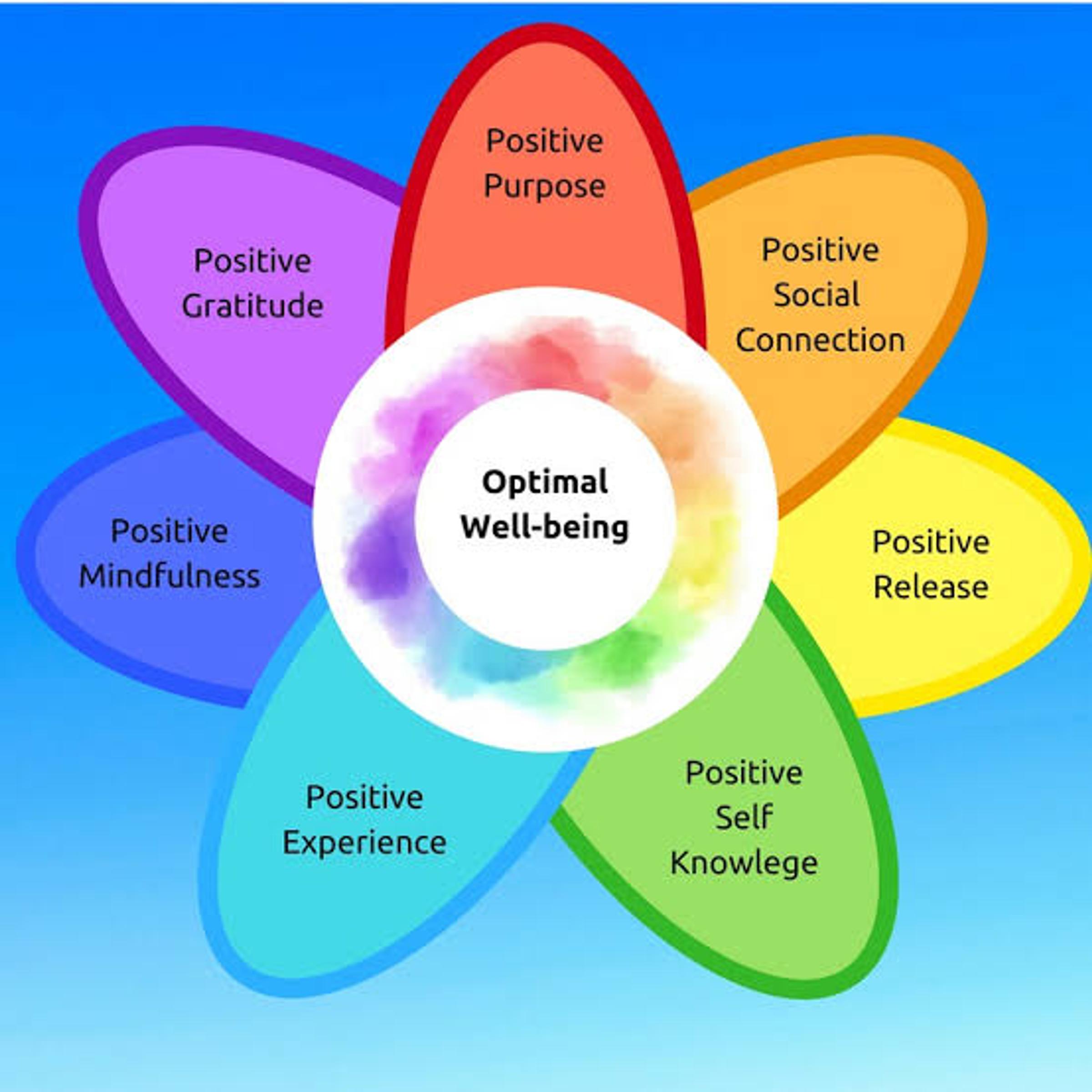Well being

Successful close quarter living- Michael Grosse
The current physical distancing measures due to the COVID-19 pandemic will be with us for some time. This cocooned existence is a test of parental patience, children’s willingness to cooperate and a family’s ability to pull together.
So, if you’re about to enter the family cocoon, or even if you’ve been living in close family quarters for some time, the following tips will help ensure your children not only survive each other, but emerge from the cocoon with a strong sense of camaraderie, a greater appreciation for their siblings and knowledge that they belong to a rock solid family who can pull together in a crisis.
Get kids on board
Start your period inside the family cocoon by getting everyone on board. Give kids a voice in how they’d like their social isolation time to flow. Listen to their fears and worries. Empathise with any concerns about missing regular activities and contact with friends but point to the positives of having more free time than normal. Consider providing kids with family organisation roles – the music girl, games guy, food planner and so on – and swapping these regularly to maintain interest. At Parenting Ideas, we believe that it’s reasonable to expect kids to help at home and there are many resources at our website that help with this.
Establish structure
Many kids struggle with anxiety when routines break down, so ensure that you have a regular structure that brings predictability to each day. Parents and kids need their own routines starting with get up times, work times and in the event of at home learning, times for schoolwork. Break the day into different time zones that mirror their school days. A regular structure will make the days more workable, feel shorter and be more manageable. It's important to keep daily foundation behaviours in place such as waking up at the same time, dressing for school and preparing for class as they trigger your child's readiness for learning. Similarly, relaxing your routine on the weekend gives everyone a break from the structure of the school and working week. A regular family meeting provides an ideal way to give kids some input into their own routines and also a say in how family-life looks in the cocoon. If formal meeting are not for you, then ask for opinions and gain feedback in more conversational ways.
Set up activity zones
The Nordic countries with their long, dark winters lead the way in successful close quarter living. One of their major strategies for success is the establishment of living zones within homes and apartments. These zones differ from the usual sleeping, cooking and communal living areas that you may be used to. They incorporate areas for individual activities including learning, playing, chilling out and exercise. With consistence use children soon associate a specific activity with a particular zone making concentration and focus a great deal easier. Avoid having multiple activities in one space as this may lead to conflict, while diluting the impact of this whole zoning strategy.
Get moving, grooving and having fun
Maintaining children’s healthy exercise levels when organised sports and informal group play are prohibited is a major challenge for parents. Some organisation and creativity will help. Establish mini movement breaks during each day involving dancing, shooting hoops and exercise to movement. Remember that any activity that gets kids arms and legs moving is beneficial to their physical and mental health. Amp up the fun factor by incorporating music, dancing to online videos and playing simple indoor games.
Instil good mental health habits
As the old saying goes ‘prevention is better than a cure’, which is pertinent if your child is prone to anxiety and depression. With routine preventative measures such as playing and talking face to face with friends on hold, consider introducing regular mindfulness and breathing into your daily routine. At Parenting Ideas we recommend the resources at smilingminds.com.au as they cater for mindfulness for all groups and at any level. Schedule times for kids to digitally connect with friends so that they don’t experience the effects of isolation.
Know when to steer clear
It’s hard for family members who are used to doing things on their own to suddenly be thrust together in each other’s company for extended periods of time. Many family holidays end in sibling squabbles because family members aren’t used to spending so much time together in the same space. Encourage kids to spend some time alone each day so they can relax, reflect and draw on their own emotional resources. Time alone is an under-rated contributor to a child’s resilience and mental health.
And know when to come together
While time alone is important it’s also essential for your family to come together to connect, to have fun and to enjoy each other’s company. Work out your regular family rituals and make these non-negotiable. Evening meals, family discussions and at least one weekly movie or entertainment activity give children and parents the opportunity to come together on a regular basis.
This time spent with your family inside the cocoon at first may be difficult, as it requires changes of habit and behaviour from everyone. There are many positives to close quarter living brought about by COVID-19. Families now get a chance to connect with each in real time and bond with each other in deep, meaningful ways.
Parents also get the chance to establish the positive behavioural and mental health habits in their children that has so often been made difficult by the insanely busy lifestyle that we’ve all been living for some time now.
The roller coaster has stopped. It’s now time adjust to a slower pace and have the types of conversations and pleasurable times with kids that have meaning, have impact and leave lasting memories.
